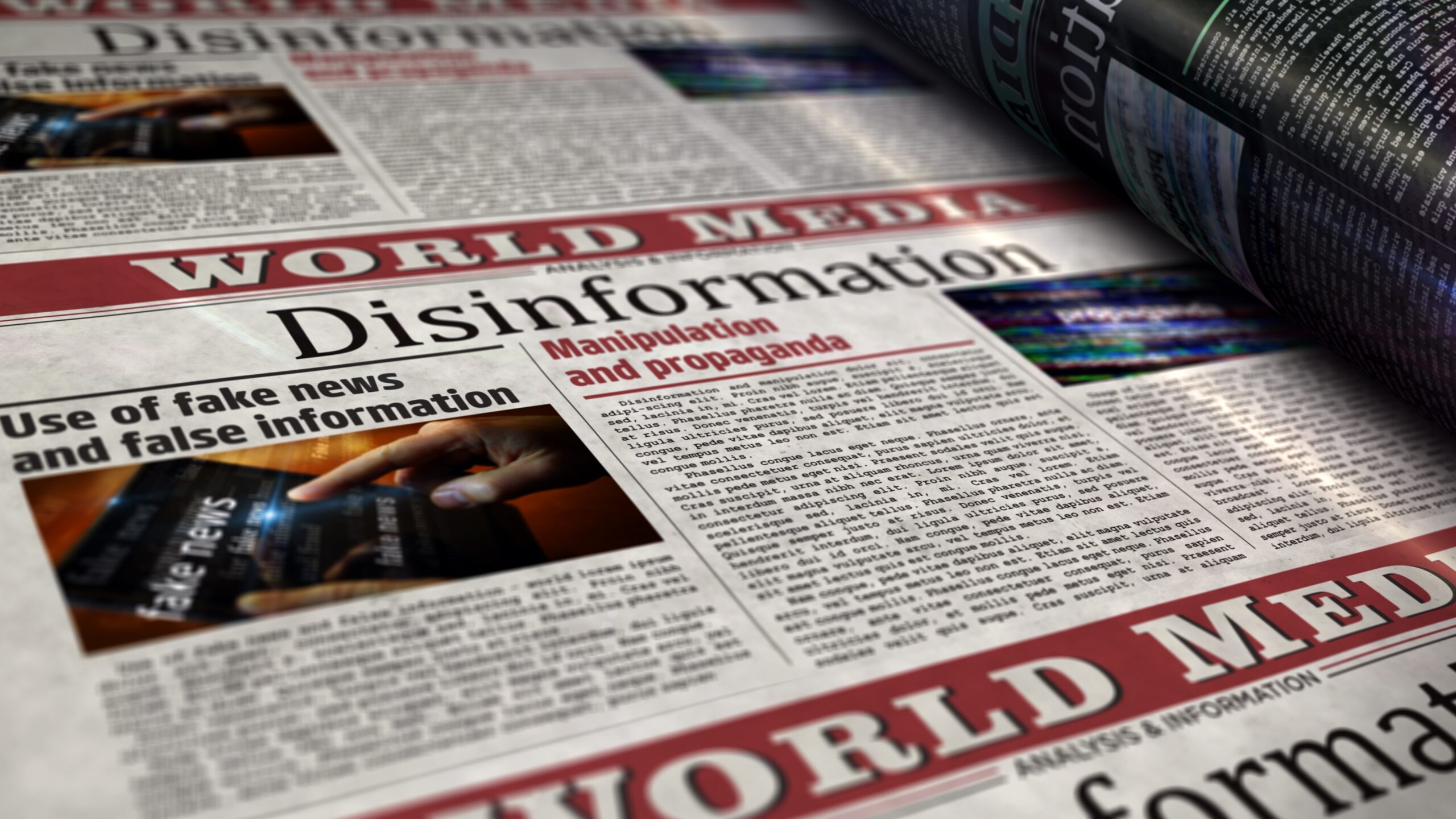Training Government and Civil Society Stakeholders to Counter Disinformation

CRDF Global recently partnered with Sayara International and Atlantic Council’s Digital Forensic Research Lab (DFRLab) to conduct a virtual training course focused on strategies to identify and disrupt malign influence campaigns, debunk disinformation, and raise awareness of efforts to undermine nonproliferation norms.
The virtual course engaged 77 participants from Ukraine, Armenia, Bulgaria, Estonia, Georgia, India, Indonesia, Kazakhstan, Latvia, Lithuania, Malaysia, Romania, Slovenia, South Africa, Sri Lanka, and Thailand. The curriculum centered on a whole-of-society approach by engaging multiple audiences including, government, civil society, and scientific stakeholders.
Through a mix of pre-recorded, online modules and live webinars, participants were introduced to topics such as:
- Tools for analyzing and understanding audiences targeted by WMD-disinformation
- Best practices for engaging policymakers and scientific experts in the aftermath of a crisis
- Identifying vectors of disinformation
- A framework for interdisciplinary solutions to the issue of WMD-related disinformation
Participant post-event surveys showed a significant increase in knowledge of disinformation campaign strategies. Civil society members showed an increase of 48%, while government stakeholder showed an increase of 33%.
CRDF Global’s robust international network, combined with a reputation for quality based on previous project implementation, allowed us to engage several high-level officials in these training courses.
To learn more about how disinformation is being used by malign states to undermine the international nonproliferation regime, check out a recording of our recent event, “Disinformation and the Evolving Threats of Chemical Weapon Proliferation” featuring a conversation with Sarah Jacobs Gamberini, a Policy Fellow at the National Defense University Center for the Study of Weapons of Mass Destruction (WMD) and Dr. Marc-Michael Blum, the former head of the Organization for the Prohibition of Chemical Weapons (OPCW) laboratory.



